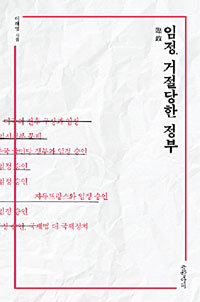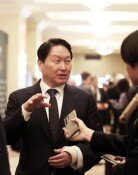Why was the provisional government of Korea not recognized internationally?
Why was the provisional government of Korea not recognized internationally?
Posted April. 06, 2019 08:47,
Updated April. 06, 2019 08:47

The book studies various diplomatic documents to figure out why the provisional government of Korea failed to earn approval of the international community.
It explains that the key was held in the hands of the Allies with the United States at the core. The U.S. government planned to put Korea under multilateral-controlled military administration and then emancipate the country, seeing no practical benefit to approving its provisional government. The United States and Britain even considered administrating France militarily. Charles de Gaulle, who took the grip of Paris, acquired approval for his rule but the Korean provisional government could not afford to. It was not that the Nationalist Party of China did not consider approving the provisional government of Korea before the U.S. and Britain did, but that it had no power to do so. After liberation, key figures of the provisional government only had to returned to Korea just as an individual Korean citizen
The author, who teaches at Hanshin University, tells that there is some margin to reconsider the standing of the provisional government when it comes to the right of people to self-determination, which has become part of international legal principles after the Second World War. People deserve to determine their political standing without any external intervention and the declaration of the establishment of a sovereign nation by a national liberation group shall be considered an effective and fair execution of the right of people to self-determination. However, it only is applied retrospectively to the case as the author says. That is why he defines that the Constitution was not established by the March 1st Independence Movement but succeeded the provisional government, which can be evaluated from the perspective of legitimacy, rather than from that of lawfulness. However, if ‘mental victory’ blinds us to harsh and brutal international politics, we will probably get way lost once again.
Jong-Yeob JO jjj@donga.com







